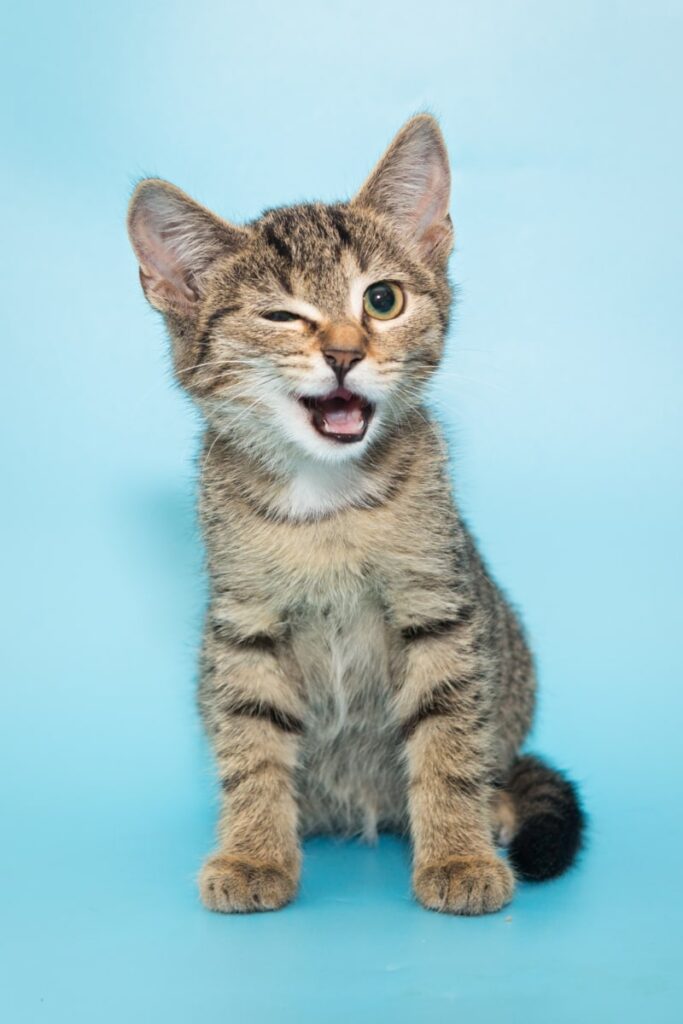Tail docking: Italy complies with EU regulation (possibly)
Intensive farming implies animals living in extreme conditions that create high levels of stress. This leads the animals to display violent behaviour towards one another, especially in environments lacking enrichment elements, such as straw and manipulative materials.
In pigs, the most common symptom of stress is tail biting as well as aggressive behaviour causing serious wounds. In some cases, it was possible to document episodes of cannibalism to the detriment of the weakest and sick.
For this reason, rather than improving the poor welfare of animals, which is the primary cause of stress and biting, in recent years farmers have introduced the practice of tail docking in piglets destined for fattening pens. This solution has proved to be ineffective against the root causes of the issue and makes animals suffer unnecessary mutilations, which are invasive and stressful.
Since 2008, a new Council Directive on the welfare of pigs has prohibited this practice except for in extraordinary cases. According to the European Regulator, what was considered by the sector as a necessary step was supposed to turn into a practice last resort; to be used only after attempts by farmers to reduce biting by taking positive measures, such as including environmental enrichment elements and materials, like wood and others (defined by farmers as “toys”).
In Italy (and other EU countries) however, this rule has been completely ignored by the majority of farmers! The lack of official sanctions has allowed this illegal practice to continue to exist. Therefore, so far, we have had piglets with their tails cut and little and inadequate environmental enrichment.
In 2018, following a number of complaints and the threatening prospect of an infringement procedure by the European Commission, Italy eventually approved a new programme on the welfare of pigs, providing for a step-by-step inclusion of piglets featuring long tails from 2020.
Therefore, today the new regulations have not been entirely enforced, however “applying” what Council Directive 2008/120/EC (in Italy, in effect from 2011) establishes has begun! In our opinion, we find hard it to believe that farmers have not been able to comply with the relevant provisions introduced 9 years ago, and that competent authorities have turned a blind eye for such a long time. It is an additional confirmation of the fact that production wins over animal welfare.
The industry, nonetheless, has expressed its concerns with the Ministry of Health regarding these new provisions; highlighting the difficulty of finding piglets with long tails in Italy as well as in other EU Member States. This is an attempt to delay the entry into force of such requirements; the Ministry of Health reacted by pointing out that official vets must carry out checks to determine whether piglets with long tails are present in fattening pens. In case of their absence, “compliance must be assured and sanctions will be imposed in the case of breaches to the regulation”.
If the farm manager blames the place of origin for the lack of availability of piglets with long tails place of origin, they will be required to present a proof of a written request sent to suppliers and a relevant answer, clearly indicating reasons of such an absence, as well as additional evidence showcasing attempts to find these animals elsewhere. Moreover, all answers will be assessed by vet services in order to ascertain their truthfulness.
After waiting for so long, we trust the Ministry of Health’s position will mark the end of tail docking, which has been illegal for nearly a decade.
The Ministry does not shy away from the fact that a big push comes from the EU. Doctor Borrello’s note states that the Ministry of Health and the Ministry of Agriculture “have recently received a reminder from the European Commissioner for Health and Food Safety Stella Kyriakides to improve measures taken by Italy to protect the welfare of pigs and make an effort to run the three-year National Programme launched in 2018”; in addition it clarifies that in case of non-compliance with the rules and commitments, legal actions against Italy will be taken by the competent officials of the European Commission.
